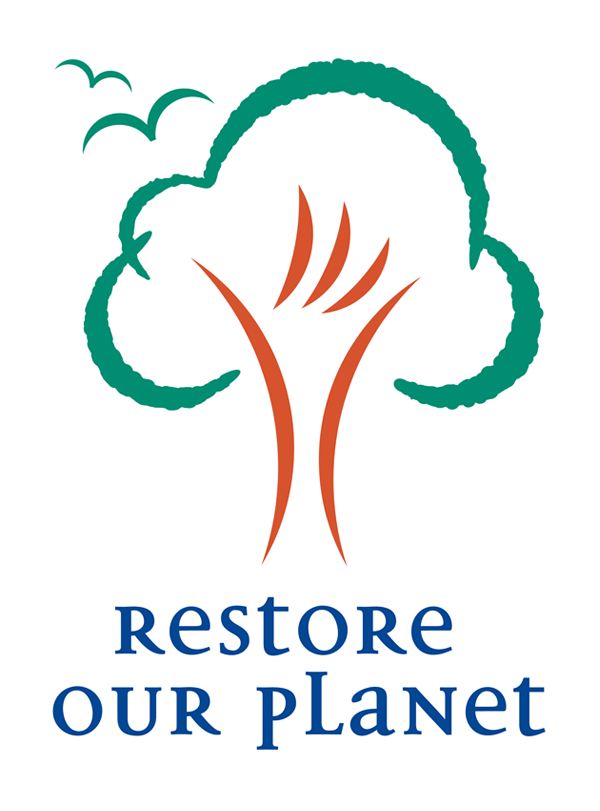Gashaka Bushmeat Project, Central Africa
The Nigeria-Cameroon chimpanzee is one of the rarest subspecies of chimp with probably less than 6,000 individuals remaining in Nigeria and Cameroon, north of the Sanaga River. The only relatively large and secure population is in Gashaka-Gumti National Park in Nigeria, with an estimated population of up to 1,000. WWF’s African Great Ape Programme is working with many partners to conserve remaining chimpanzee populations, especially in West Africa.
However, the issues around bushmeat have grown exponentially and, in order to tackle it, WWF refocused efforts to tackling this illegal trade in the Congo Basin, where over 1 million tonnes of bushmeat is consumed each year. This is the equivalent of almost 4 million cattle. Eating and selling bushmeat (meat from wild animals) is critical to the livelihood of the rural poor in countries such as Cameroon and the Democratic Republic of Congo. It provides a flexible source of income, a direct source of animal protein with good storage qualities, and a safety net in times of particular hardship.
But high demand for bushmeat, especially from endangered species, in the cities is having serious consequences on wildlife populations in and around protected areas. Though policies and legislation have been introduced to limit this, they are not always applied.
Local subsistence hunting has been overtaken by commercial hunting for urban centres. The bushmeat trade has taken on such dimensions that almost all species of large and medium-sized mammals and birds are threatened.
We’re working with partners to:
create and manage protected areas: Protected areas remain by far the most effective tool for long-term biodiversity conservation.
protect wildlife in logging concessions: By providing workers and their families with alternative proteins, and controlling access roads for bushmeat poachers, logging companies can be key partners in wildlife conservation.
clamp down on wildlife crime: We put wildlife crime and illegal hunting on the highest political agendas in the region, and lobbying for stronger laws that will place illicit wildlife trade on the same level as illegal trade in drugs or arms.
address weak governance and corruption: We expose government officials involved in the illegal wildlife trade and congratulate governments that are showing zero tolerance for corruption.
build capacity and support: We help strengthen law enforcement, anti-poaching, and awareness-raising activities.
WWF has supported various law enforcement campaigns to both crack down on the trade in bushmeat, and to raise awareness of the issues surrounding it. For example, in 2009, we supported a 10 day anti-poaching campaign in Cameroon that resulted in the confiscation of more than 500 carcasses of smoked, fresh and live species ranging from mammals to reptiles with porcupines topping the list. In addition, a chimpanzee poacher was also arrested. We’ve also invested in training for wildlife law enforcement institutions and lawyers.
In order to be able to constantly review anti-poaching strategies and determine the effectiveness of our efforts, we need annual bushmeat market trends. In 2010 we supported vital research into bushmeat market surveys to gather the baseline information needed so we could monitor future trend. The research provided the foundation for a bushmeat control plan to be effectively implemented in parts of Cameroon.
WWF supports TRAFFIC’s Central Africa programme, based in Cameroon, which operates a bushmeat programme that endeavours to monitor the trade in the region. TRAFFIC is a key partner of WWF’s and they are the leading wildlife trade monitoring experts. In 2009, they convened a workshop in 2009 in DRC where government agencies and others drew up a national action plan to address the unsustainable bushmeat trade there.
TRAFFIC’s work is promoting the development and uptake of such strategies at the national, transboundary and regional levels. Strategies include tools to improve trade monitoring, encouraging greater law enforcement efforts, and considering alternative methods to meet people’s needs.
